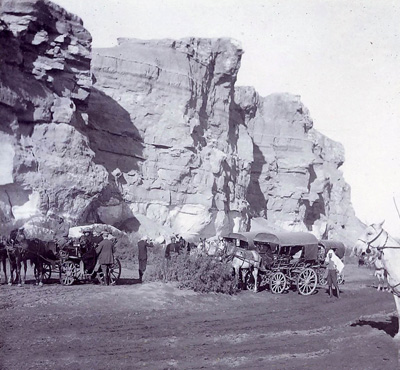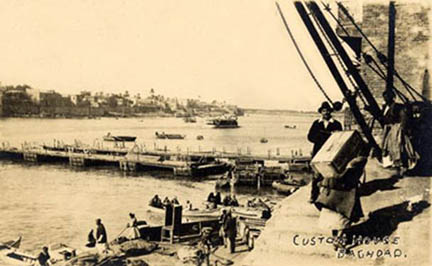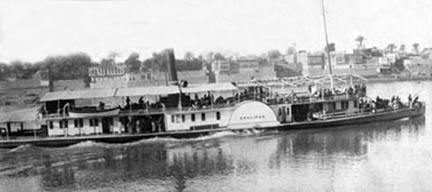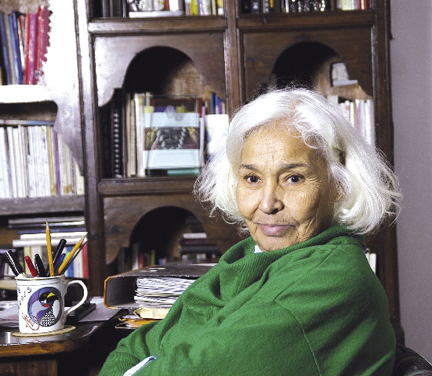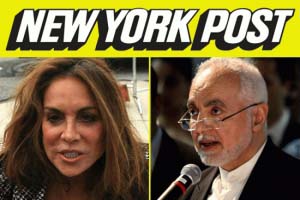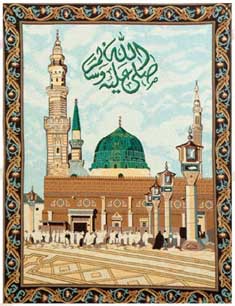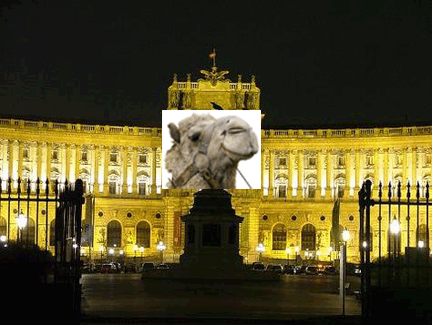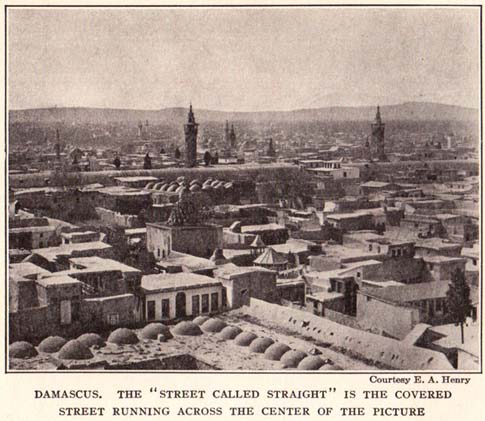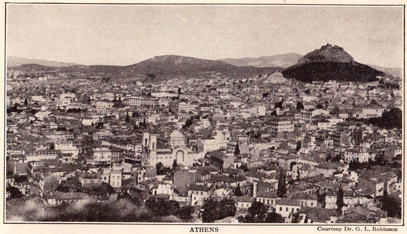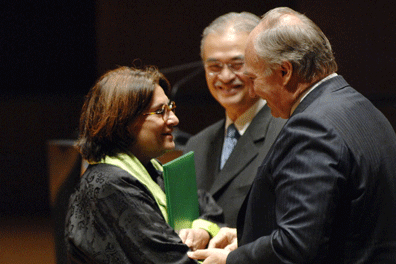
Dr. Selma Al-Radi, the Iraqi project director who restored the Amiriya complex in Rada, Yemen, over a 26 year period, receiving her 2007 Aga Khan Award for Architecture. The winners are being congratulated by Malaysian Prime Minister Badawi and His Highness the Aga Khan. Photo credit: AKDN/Gary Otte
Selma Al-Radi died peacefully at her home in New York City on October 7, 2010. She was 71 and was surrounded by family and friends. Often described as “a force of nature†by many, she was slowly robbed of that energy by her Alzheimer’s affliction, leaving a ruin that was rapidly demolished by ovarian cancer in a little over a year after symptoms were first detected.
Selma was born on 23 July 1939 in Baghdad and grew up in many countries but largely in Iran and India where her father served as the Iraqi Ambassador for a number of years. She graduated from Cambridge University in Archaeology and Ancient Semitic Languages, and earned her Master’s degree at Columbia where she came under the influence of her lifelong mentor, the late Dr. Edith Porada. She obtained her PhD at the University of Amsterdam but remained under the mentorship of Dr. Porada along with Dr. Maurits van Loon. Her thesis work focused on a Neolithic site in Cyprus (Phlamoudhi Vounari).
A consummate “dirt†archaeologist, working mainly on excavations in the field, Selma excavated on sites in most of the Middle East including Iraq, Syria, Turkey, Lebanon, Kuwait, Egypt, and Yemen. But Yemen was where she would spend much of her career. Continue reading In Memoriam: Selma Al-Radi
